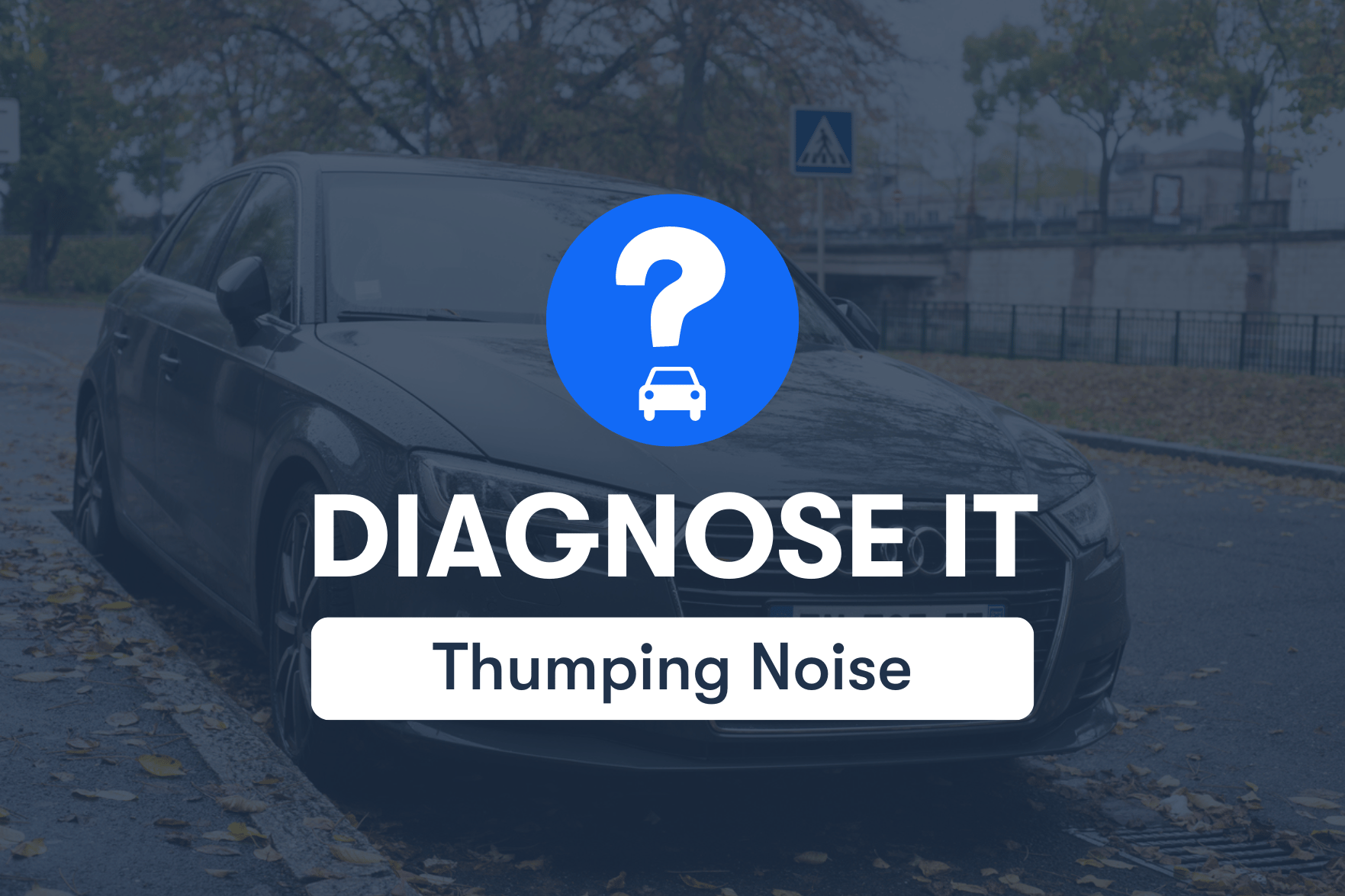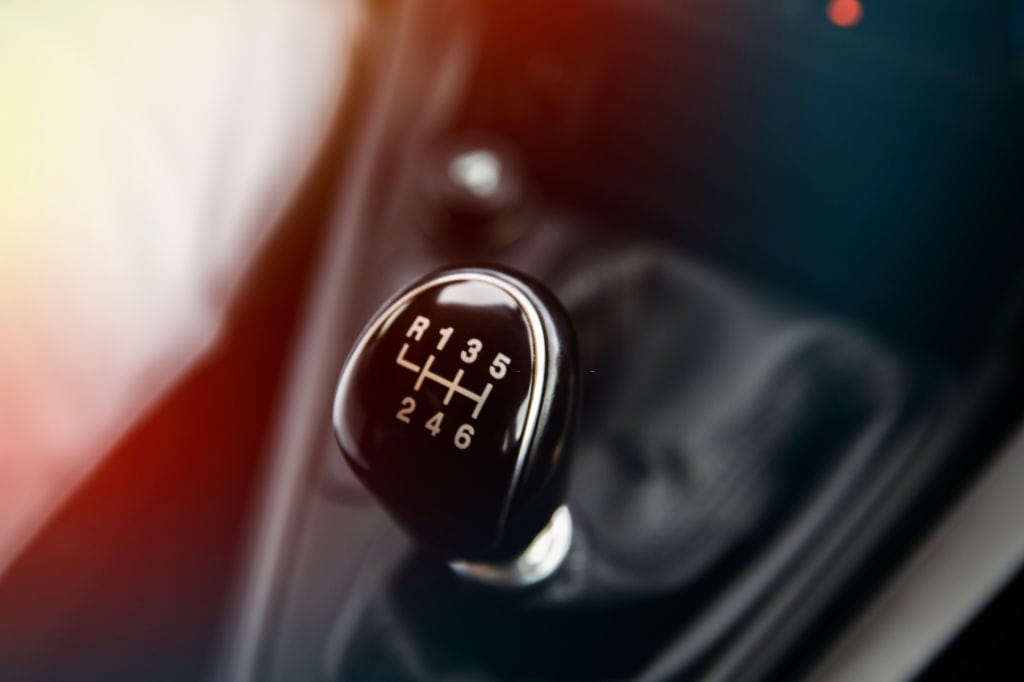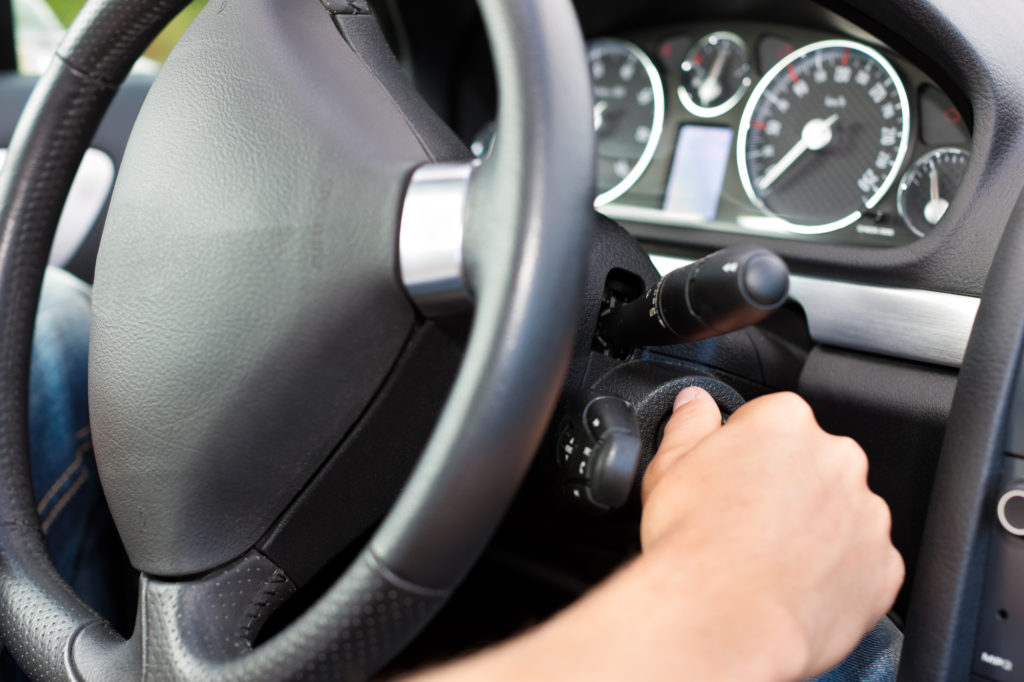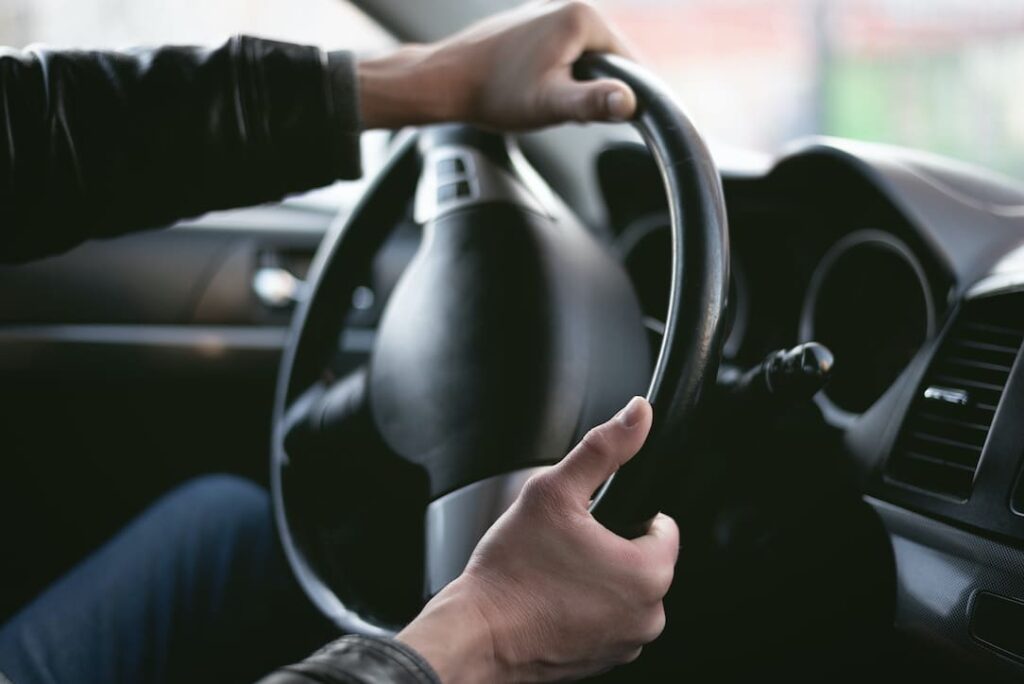We've all been there—you're driving along, and suddenly, an ominous rumbling noise fills the cabin. It's a sound that can make your heart race and lead to a flurry of worries about what might be going wrong under the hood. But what does that noise actually mean? In this blog post, we’ll dive into the common causes of rumbling noises in cars, helping you understand what’s happening and how to fix it. So, let’s get those ears ready for some auto-diagnosis!
Common Causes of Rumbling Noises in Cars

Rumbling noises can arise from various sources in your car, often indicating an issue that needs attention. Here’s a closer look at some of the most common culprits:
- Exhaust System Issues:
If your exhaust system has leaks or damage, it can create a rumbling sound that’s hard to ignore. This noise typically worsens during acceleration and may indicate rust or holes in the pipes.
- Engine Problems:
Sometimes, a rumbling noise can stem from engine issues. It could be a sign of a misfiring cylinder, worn-out components, or even problems with the fuel system. If your engine light is on, it’s worth investigating further.
- Wheel Bearings:
Worn or damaged wheel bearings can produce a rumbling or grinding noise, especially when turning. If you hear this sound, getting them checked promptly is crucial to avoid severe damage.
- Transmission Issues:
A rumbling sound that becomes more pronounced when shifting gears may indicate transmission problems. Low fluid levels or internal damage could be at play here, and it’s best handled by a professional.
- Tire Problems:
Sometimes, tires can create rumbling noises when they wear unevenly. Checking for any bulges, irregular wear, or balance issues can help you identify if this is the source of the noise.
Understanding these common causes is the first step to resolving the issue. Keep an ear out for that rumble—your car will thank you later!
Identifying the Source of the Noise

Figuring out where that annoying rumbling noise is coming from in your car can be a bit of a puzzle. But don’t worry, it’s something you can tackle! Let's break it down step by step.
First, pay attention to when the noise occurs. Is it:
- When you accelerate? This could indicate issues with the engine, transmission, or potentially the exhaust system.
- When you're braking? If this is the case, your brake pads or rotors might need some attention.
- Only at certain speeds? If the rumble happens at a specific speed range, it could be related to the tires or wheel bearings.
- At idle? Noises while your car is stationary may stem from engine components or even issues with the power steering.
Next, try to pinpoint where in the car the noise is coming from. Here’s a quick guide:
- Front end: Suspensions, struts, or engine problems.
- Rear end: Issues might lie with the rear suspension or differential.
- Underneath: Exhaust system, a loose heat shield, or fluid leaks.
Finally, using your senses can help! Listen carefully to the type of noise. Is it:
- Constant? This might indicate worn bearings.
- Intermittent? Possibly a failing component or loose part.
Keep a notebook handy to jot down when the noise happens and any other symptoms. This information can be golden when you take it to a mechanic!
Potential Fixes for Rumbling Noises

Once you've identified the source of the noise, it's time to get down to business. Nothing is more satisfying than silencing that pesky rumble! Here are some potential fixes, depending on what you’ve found.
If the noise is caused by:
- Tires: Inspect for uneven wear. If they’re the culprit, you may need to rotate or replace them. Don't forget alignment—this can cause additional noise!
- Brakes: Worn-out pads, warped rotors, or loose hardware can cause rumbling noises. Replacing the brake pads and possibly the rotors can resolve the issue. Always consult a professional if you’re uncertain.
- Exhaust System: Check for any loose pipes or damaged hangers. Tightening or replacing these components can save you from that noisy ride.
- Suspension: If you notice rumbling during bumps, it might be time to replace worn-out shock absorbers or struts. A suspension inspection can reveal a lot.
In some cases, especially with engine-related noises, it’s best to consult a mechanic. Trust me, some problems are more complicated and require professional oversight.
Lastly, don’t forget regular maintenance! Keeping up with oil changes, tire rotations, and inspections can prevent noise issues from cropping up in the first place. And remember, better a small fix today than a huge repair bill tomorrow!
When to Seek Professional Help

While some rumbling noises in your car can be minor and easily fixed, others may indicate more serious issues that require the attention of a professional. So, when should you toss in the towel on DIY fixes and call in the experts? Here are some signs to watch out for:
- Persistent Noise: If the rumbling continues for an extended period, even after you've tried some basic troubleshooting, it's a clear signal that something is amiss.
- Sudden Changes: Noticing a sudden increase in noise intensity or a change in the sound itself? That's often your vehicle trying to tell you that it needs expert assistance.
- Vibration or Shaking: If the rumbling is accompanied by unusual vibrations or a shaking steering wheel, don’t ignore it. This could mean alignment issues or problems with the suspension system.
- Fluid Leaks: Any puddles or leaks under your car can point to serious issues. If you see something dripping, especially dark oil or red transmission fluid, it’s time to consult a mechanic.
- Warning Lights: If your dashboard lights up like a Christmas tree, that’s your car’s way of saying something is wrong. Don’t brush off those warning lights!
Remember, your car is a complex machine, and while some noises might be harmless, it’s crucial to listen closely and know when it’s best to seek professional help. A qualified mechanic can perform a thorough diagnostic to pinpoint the issue, potentially saving you from costly repairs down the line.
Conclusion
Dealing with a rumbling noise in your car can be frustrating, but understanding the root of the problem is the first step toward resolving it. Here’s a quick recap of what we’ve discussed:
- Identify the source of the noise—be it the engine, tires, or something else.
- Different noises have different meanings, so pay attention to specifics.
- Regular maintenance can prevent some common causes of rumbling.
- Know when to roll into a shop and let the pros handle it.
In the end, keeping your car in good shape not only enhances its performance but also ensures your safety on the road. Always err on the side of caution when it comes to car issues. If in doubt, consult a professional—they can help you keep those rumbling noises at bay and get you back on the road smoothly. Safe driving!










